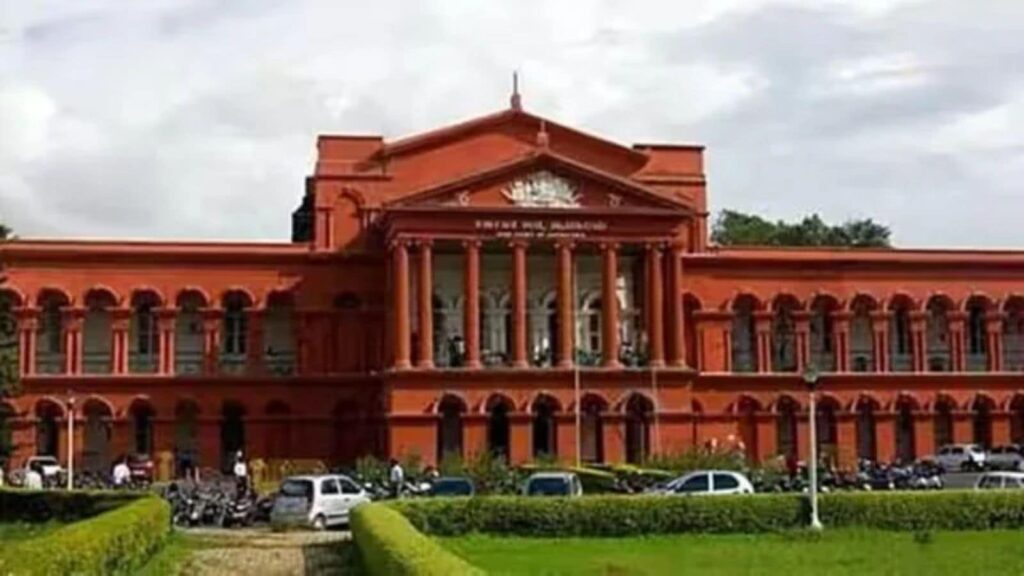The Karnataka High Court recently ruled that a Geographic Information System Platform must be created to map all land parcels in the state. This observation was made in the context of petitions filed by landowners whose land status is disputed by the Forest Department. The order was passed on Monday by a bench consisting of Justice Suraj Govindaraj and has now been made publicly available.
The court had observed that the current lack of interoperability between different databases could mean that while a legal title to land might be without issues in one database, in another department’s database, major legal issues to that title might be revealed.
The court said there would have to be a Geographic Information System-based platform that would work as a digital map of land parcels in the state, with demarcation of forest lands according to gazette notifications, aided by satellite imagery. This system would be connected to other databases such as those of the Revenue Department, Urban Planning Authority, etc, with each piece of land having a Unique Land Parcel Identification Number. This would create a “digital identity” for land parcels that would be time-stamped and QR code-enabled. If any land parcels fall within a notified forest boundary, a conflict alert ought to be automatically generated and registration of the sale deed prevented.
The court also stated that there ought to be a publicly accessible portal through which anyone could view a colour-coded report on land parcels, which would include information on ownership history, any litigation the land is involved in, and warnings if the land falls within a forest boundary or other similar issues.
The bench stated, “This transparency mechanism would serve as a powerful deterrent to fraud, enabling citizens to perform their own due diligence and effectively acting as a ‘fraud alert’ for every future buyer. By allowing the public to easily verify land status, it would address the core issue of a lack of information, which results in misinformation that leads to fraudulent transactions.”
The court also directed the creation of an Inter-Departmental Land Dispute Resolution Cell (IDLDRC) with officials from the forest, revenue, and urban planning departments to deal with issues of inter-departmental conflict in terms of record-keeping. A high-level committee is also to be set up to implement the court’s directives in phases.

